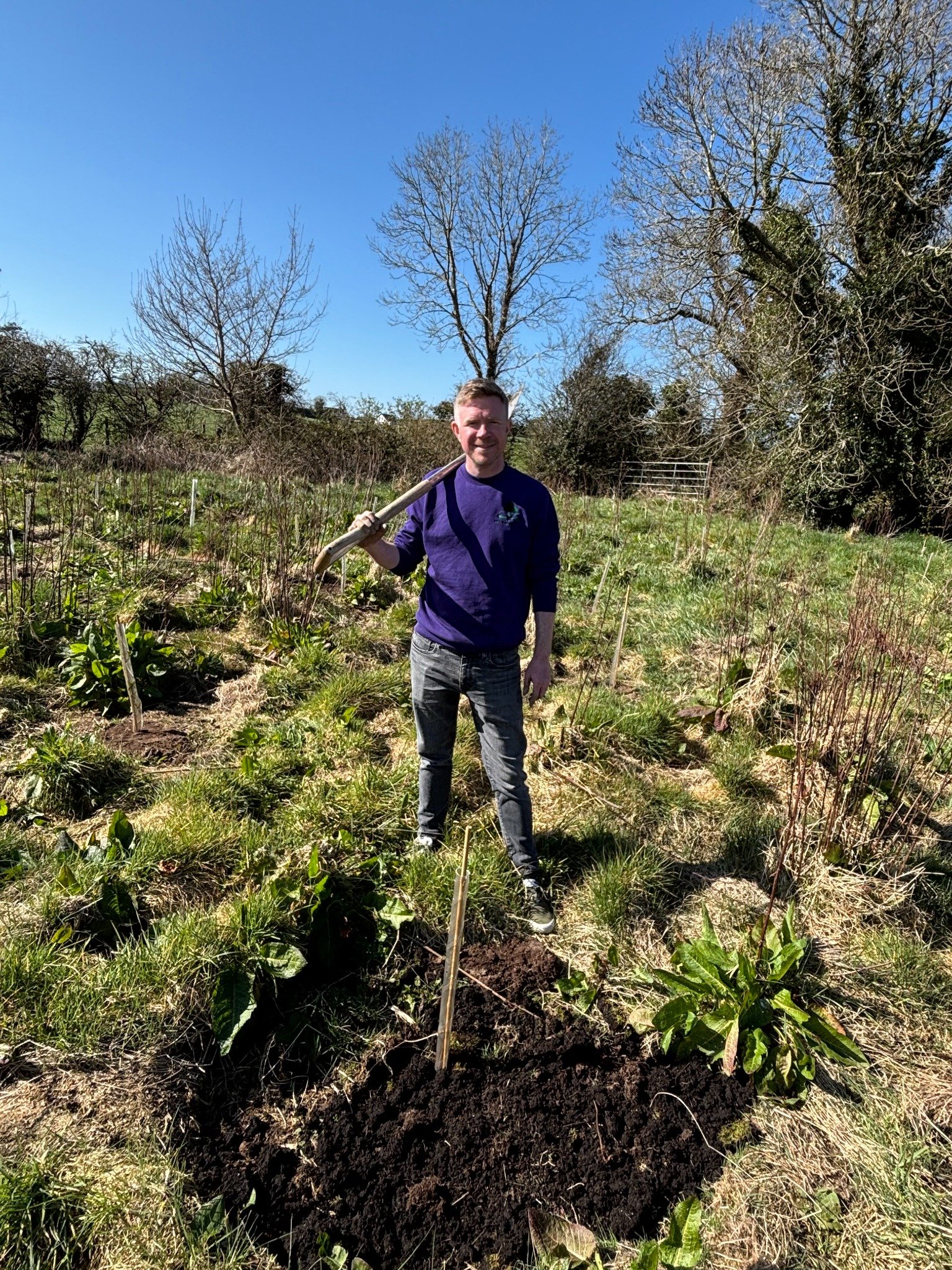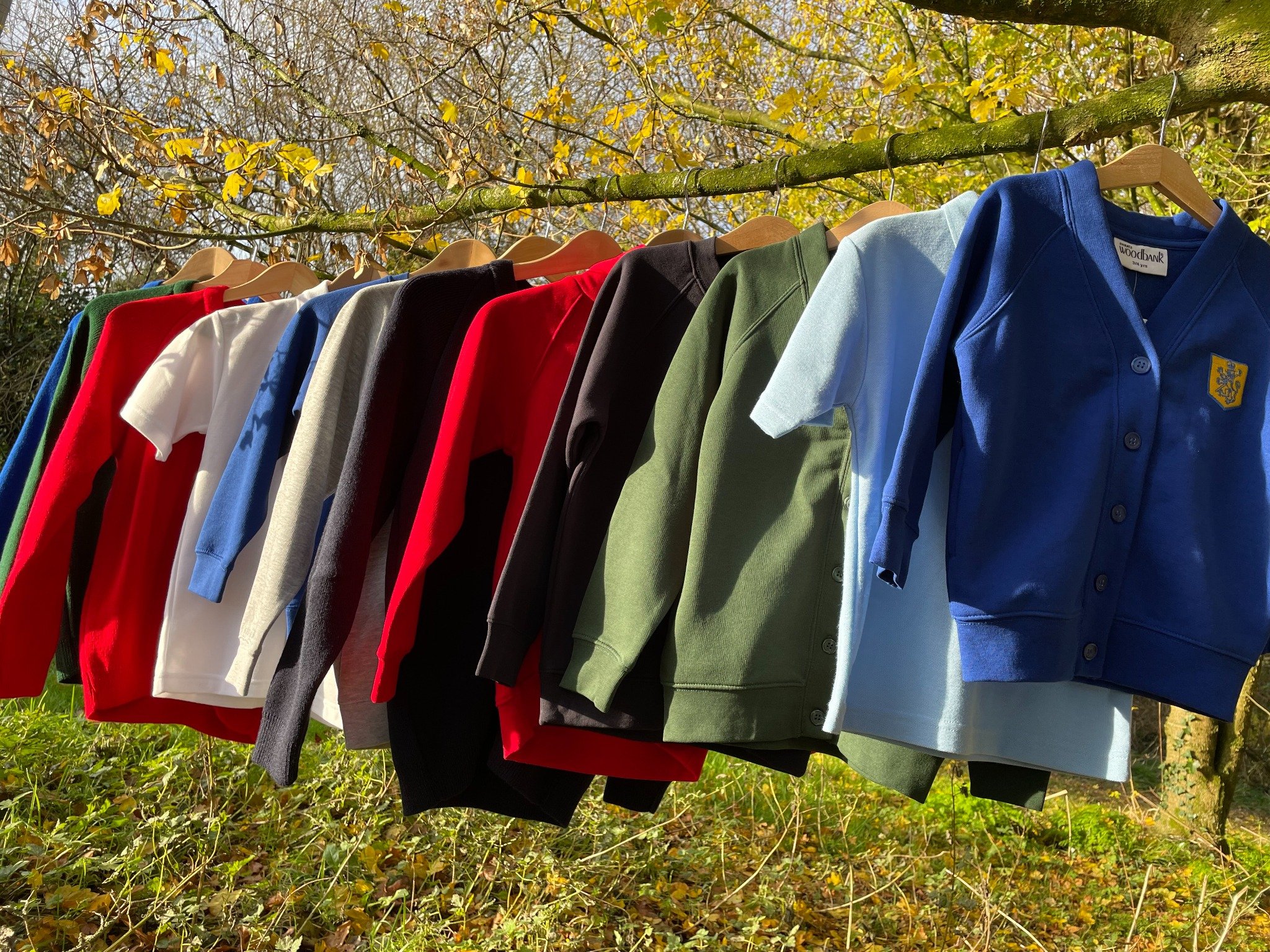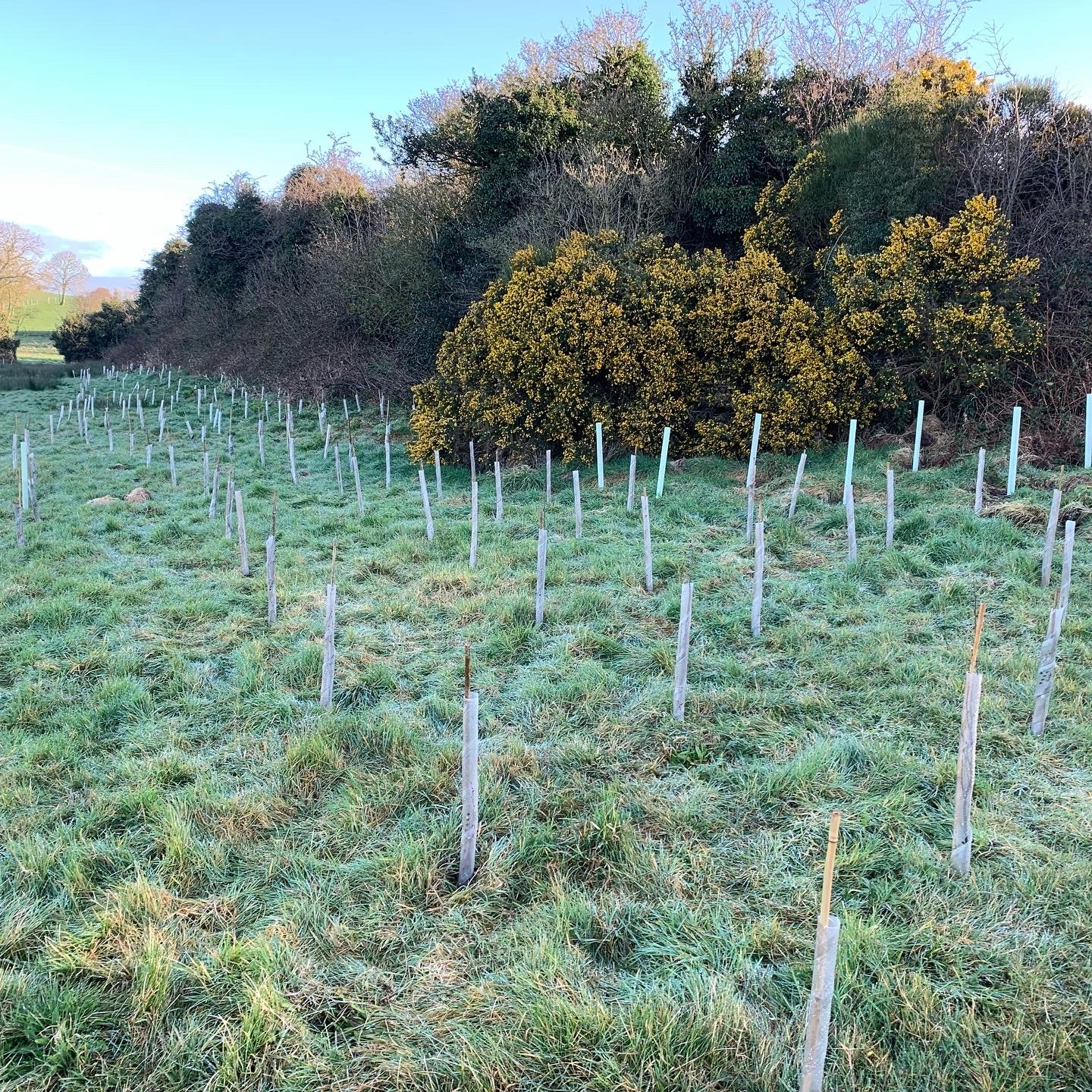Often before dawn, parents lay out uniforms for the morning rush—starchy shirts hanging stiffly, jumpers threaded with names in clumsy handwriting, and backpacks lined up like soldiers. You hear the rustle of fabric and know every garment carries a story: where it came from, who stitched the seams, and what that little tag really means. That quiet moment of labeling a child’s jumper can spark bigger questions—about supply chains, ethics, and our responsibility as consumers. Ethical Schoolwear wasn’t born out of a desire to start a business—it came from a simple question. When Liam noticed the name on his son’s school jumper matched the name above the school uniform shop in Manchester, he asked who actually made the garments. The store couldn’t answer—and refused to engage further.
A Parent’s Question Turned Business Plan
Headlines exposed major fast fashion brands in the region for unethical practices: sweatshop conditions, underpaid workers, canceled orders mid-shipment. The contrast was stark—Ferraris out front, exploitation in the back. “It just didn’t sit right,” Liam said.
That led to research, which led to discovery. He found a worker-owned, ethically certified supplier that didn’t sell directly to consumers—but only to shops. So when his family moved to Northern Ireland, he pitched the local school on offering ethical uniforms as a parent-led alternative. They said yes.
“I say ‘we’ on the site,” Liam laughed, “but it’s just me.” In year one, he partnered with two schools. Word spread. By the end of year two, it was six. Now he’s at nine and counting. And every order planted a tree—each named by the customer, each given a carbon offset value.
What started as a side project is now growing into a serious seasonal business. “I sell uniforms in summer,” Liam said. “And I plant trees in winter.”
.png)



%20(1).jpg)
.jpg)
.jpg)
%20(1).jpg)


.png)